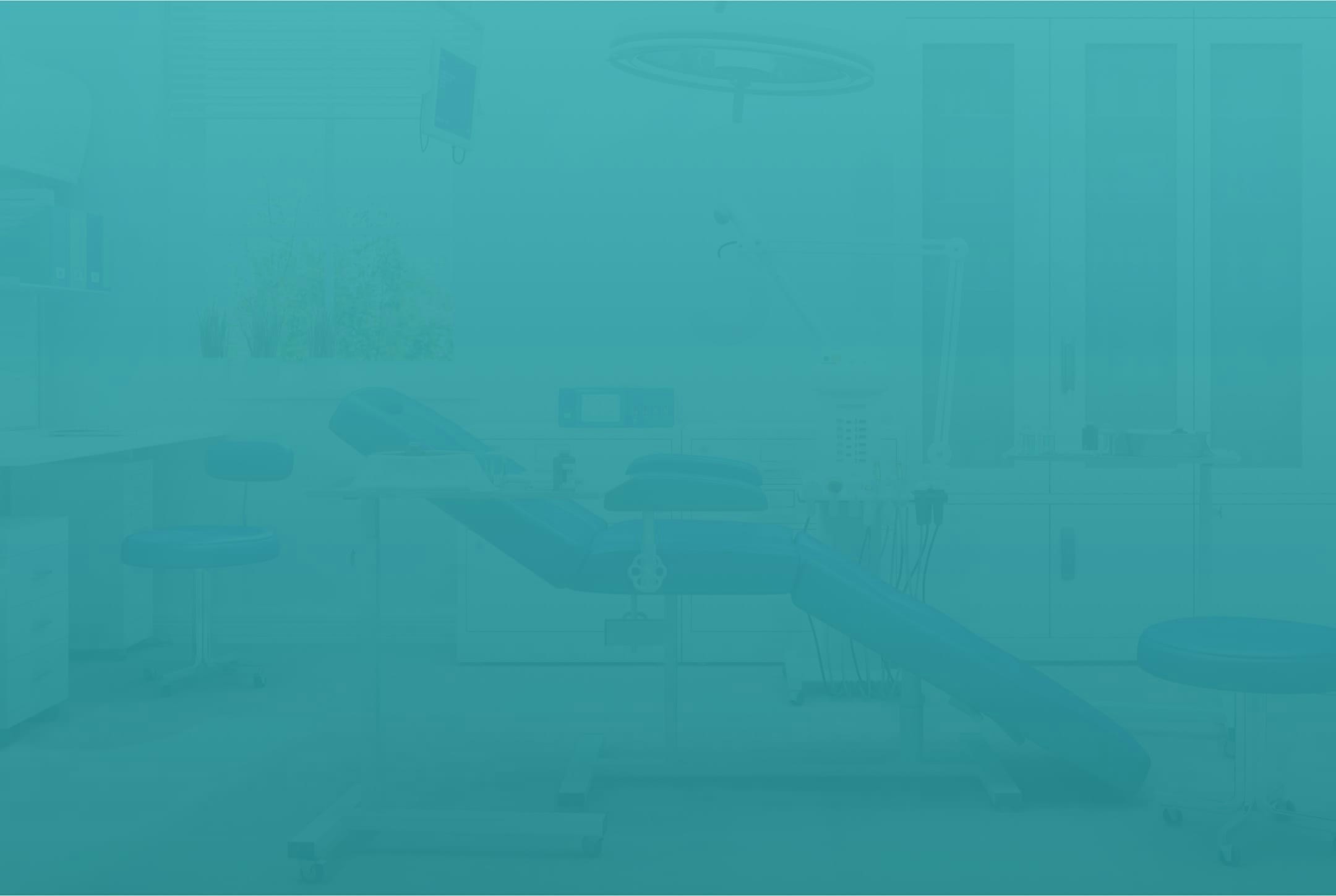Circulation: If your brain does not get enough blood flow, you feel lightheaded. Almost everyone has experienced this on occasion when standing up quickly from a lying down position. But some people have light-headedness from poor circulation on a frequent or chronic basis. This could be caused by arteriosclerosis or hardening of the arteries, and it is commonly seen in patients who have high blood pressure, diabetes, or high levels of blood fats (cholesterol). It is sometimes seen in patients with inadequate cardiac (heart) function, hypoglycemia (low blood sugar), or anemia (low iron)
Certain drugs also decrease the blood flow to the brain, especially stimulants such as nicotine and caffeine. Excess salt in the diet also leads to poor circulation. Sometimes circulation is impaired by spasms in the arteries caused by emotional stress, anxiety, and tension.
If the inner ear fails to receive enough blood flow, a more specific type of dizziness occurs, that is vertigo. The inner ear is very sensitive to minor alterations of blood flow and all of the causes mentioned for poor circulation to the brain also apply specifically to the inner ear.
Vertigo: Benign paroxysmal positional vertigo (BPPV), labyrinthitis, and Ménière’s syndrome (fluctuating hearing usually in one ear, pressure in the ear, ringing in one ear, and attacks of spinning), and some forms of migraine are all causes of vertigo. BPPV occurs when you change the position of your head (typically lying down or sitting up), while inner ear infections can cause labyrinthitis.
Injury: A skull fracture that damages the inner ear produces a profound and incapacitating vertigo with nausea and hearing loss. The dizziness will last for several weeks, and then slowly improve as the normal (other) side takes over.
Infection: Viruses can attack the inner ear and its nerve connections to the brain. This can result in severe vertigo, but hearing is usually spared. However, a bacterial infection such as mastoiditis that extends into the inner ear will completely destroy both the hearing and the equilibrium function of that ear. The severity of dizziness and recovery time will be similar to that of a skull fracture.
Allergy: Some people experience dizziness and/or vertigo attacks when they are exposed to foods or airborne particles (such as dust, molds, pollens, dander, etc.) to which they are allergic.
Neurological diseases: A number of diseases of the nerves can affect balance, such as multiple sclerosis, syphilis, tumors, etc. These are uncommon causes, but your doctor will think about them during the examination.









